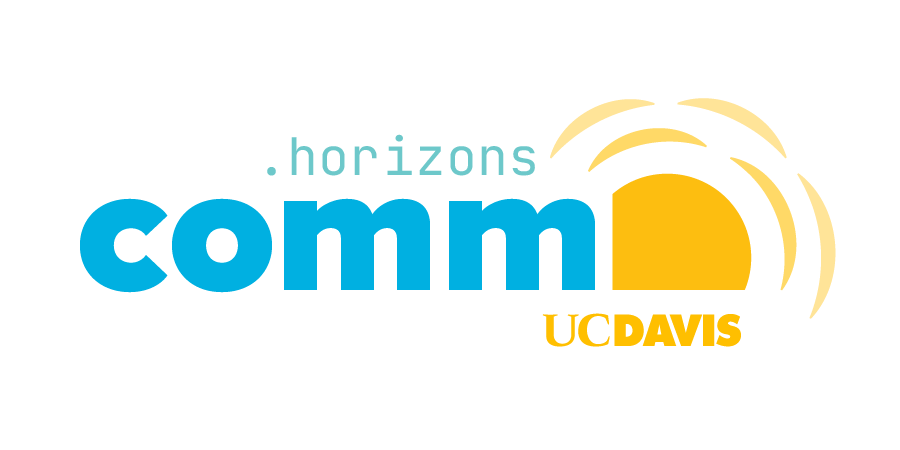Communication Horizons 2025: UC Davis Conference Maps Media’s Impact on Health and Society
Quick Summary
- UC Davis’s second annual Communication Horizons Conference convened 90 scholars for 54 cutting‑edge presentations exploring how emerging media technologies shape health, well‑being, and society.

The UC Davis Department of Communication transformed the Teaching & Learning Center into a bustling crossroads for neuroscientists, computer scientists, political scientists, sociologists, and communication scholars during last weekend’s Communication Horizons 2025 conference. The second‑year conference drew roughly ninety national and international participants and fifty‑four peer‑reviewed presentations, underscoring UC Davis’s growing influence in the study of media, health, and society.
Communication Horizons is more than a conference; it’s a launch pad for interdisciplinary collaborations that can keep pace with, and ultimately shape, the media technologies influencing our health and society.
— Richard Huskey, Associate Professor of Communication, UC Davis
Over three days, presenters tackled topics ranging from YouTube’s political recommendation biases and neural evidence for a negativity bias in news headline consumption to virtual‑reality health coaches powered by generative AI. Sessions flowed one into another, with hallway debates and impromptu meetings amplifying the exchange of ideas.
The program’s marquee lectures set a forward‑looking tone. Dana Mastro of UC Santa Barbara opened with an examination of how stereotyped media depictions can erode self‑concept yet galvanize collective action. On Saturday, David Markowitz of Michigan State University showed how analyzing language patterns can expose health disparities—and how AI‑driven interventions might help close those gaps.
Networking extended well beyond the lecture rooms. A sunset reception in downtown Davis, a farm‑to‑glass gathering at Ruhstaller Farm, and a Sunday excursion through Napa Valley fostered new partnerships across institutions and disciplines. Organizers noted that many attendees left with concrete plans for joint studies on media literacy, mental health, and algorithmic accountability.
Attendance has doubled since Communication Horizons launched in 2024, underscoring the conference's rapid rise as an important venue for interdisciplinary communication research. Planning for the 2026 meeting is already under way and will introduce a new theme along with an expanded call for abstracts. Researchers interested in participating can sign up for updates.
